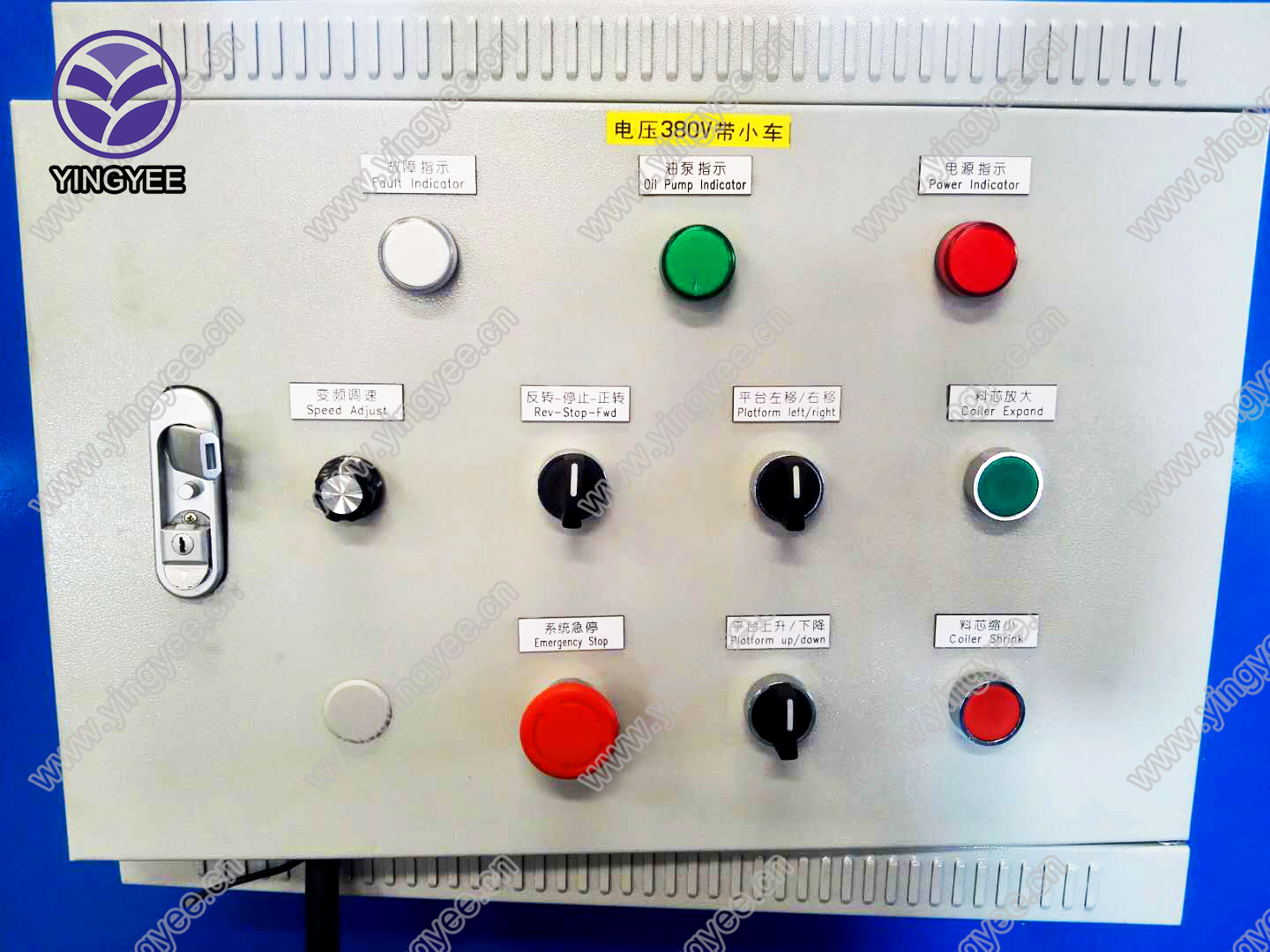
Understanding the Price Factors of Hydraulic Thread Rolling Machines
Hydraulic thread rolling machines play a crucial role in the manufacturing industry, particularly in the production of high-quality threaded fasteners. These machines use a unique process to form threads on metal rods or bars by rolling them between two or three dies. This technique not only enhances the strength of the thread but also improves surface finish, making it a preferred choice in various applications. Given the significance of these machines, understanding their pricing is essential for manufacturers and suppliers alike.
1. Machine Specifications and Features
One of the primary factors influencing the price of hydraulic thread rolling machines is their specifications. Machines are available in various sizes and capabilities, including the diameter of the material they can accommodate, the maximum length of the threaded sections they can roll, and the operational speed. High-performance models equipped with advanced features, such as automatic feeding systems, programmable controls, and high production rates, typically command higher prices due to their ability to enhance productivity and reduce labor costs.
2. Material Quality and Durability
The construction material of the hydraulic thread rolling machine itself also affects its pricing
. Machines made from high-quality, durable materials such as alloy steel or special alloys are often more expensive but provide greater longevity and resistance to wear and tear. This investment in quality can lead to reduced maintenance costs and downtime, ultimately justifying the higher initial purchase price.3. Brand and Manufacturer Reputation
Additionally, the brand and manufacturer behind the machine significantly impact its price. Renowned manufacturers with a history of reliability and quality may charge more for their machines, but customers often find that the investment pays off in terms of performance and support. Established brands often offer better warranty terms and customer service, which can be crucial for maintaining production efficiency.

4. Customization Options
Another aspect that can affect the price of hydraulic thread rolling machines is customization. Manufacturers often require specific configurations that suit their production processes. Customizing a machine to meet unique specifications can add to the cost. However, this tailored approach can result in better efficiency and productivity, which can lead to significant cost savings in the long run.
5. Market Demand and Competition
Market demand and competition also play critical roles in pricing. If demand for hydraulic thread rolling machines surges due to an upswing in the construction or automotive industries, prices may increase. Conversely, during economic downturns or periods of reduced demand, prices may drop. Keeping an eye on market trends can help buyers make informed purchasing decisions.
6. Additional Costs
Finally, potential buyers should consider additional costs beyond the purchase price, such as installation, training, and ongoing maintenance. These costs can vary depending on the machine’s complexity and the manufacturer’s policies.
Conclusion
In conclusion, the price of hydraulic thread rolling machines is influenced by a variety of factors, including machine specifications, material quality, brand reputation, customization options, and market dynamics. For manufacturers looking to invest in such equipment, understanding these elements can help in making an informed purchase decision that aligns with their operational needs and budget. Ultimately, investing in a high-quality hydraulic thread rolling machine can lead to increased productivity and profitability in the long run.